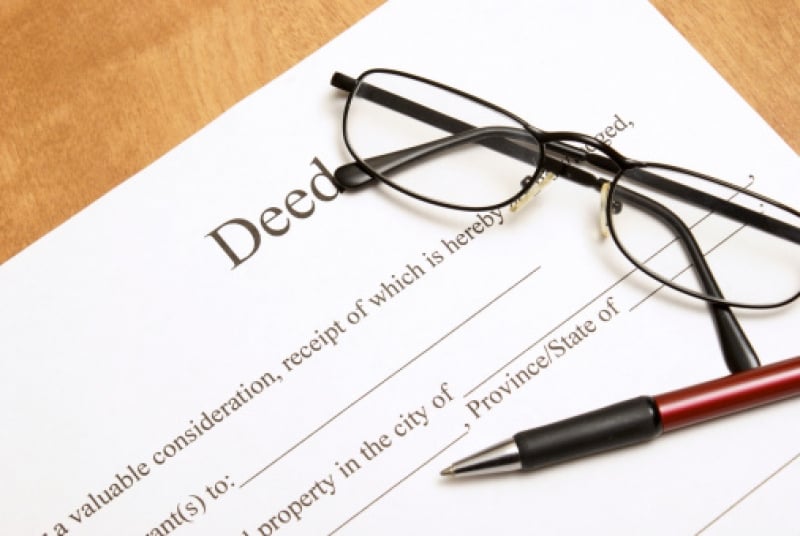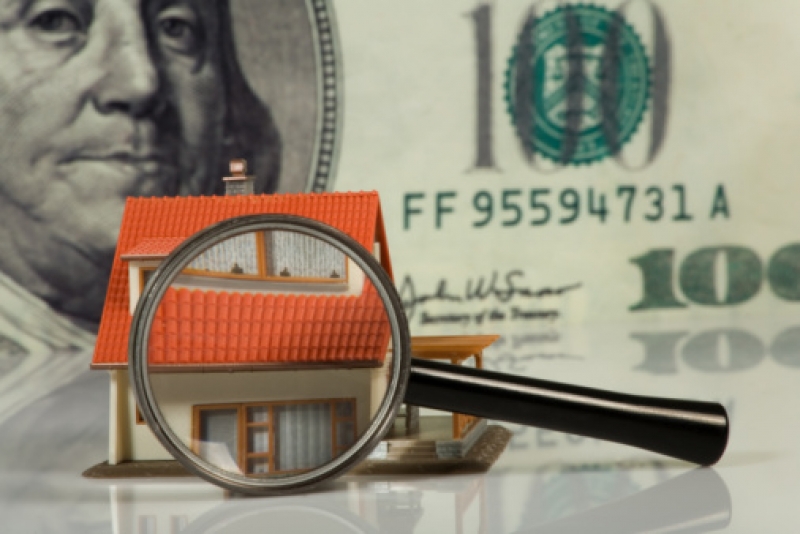Recovering Your Investment – Trust Deed Protection
Successful investment in trust deeds involves answering the oft-asked question of what to do should payments on the note stop being made. Trust deeds offer no guarantees, and the risk of losing principal is always present. But taking action will result in the ability to recover as much of your investment as possible should delinquency occur.










